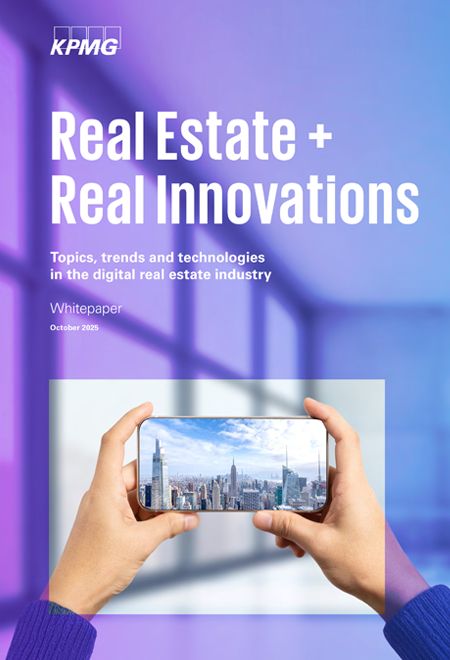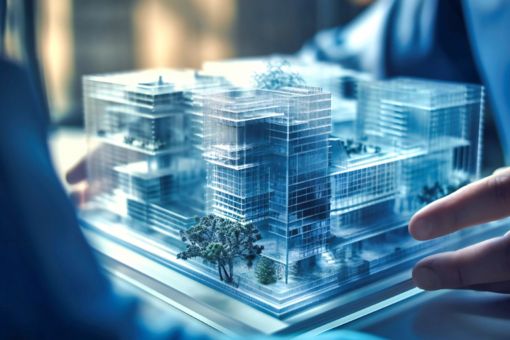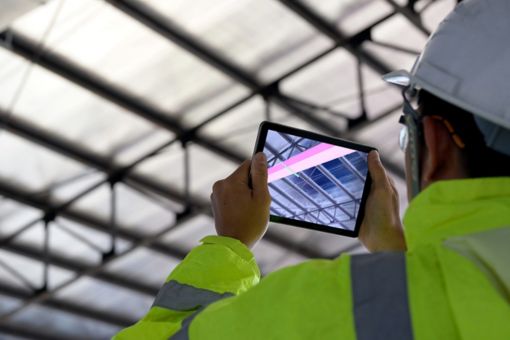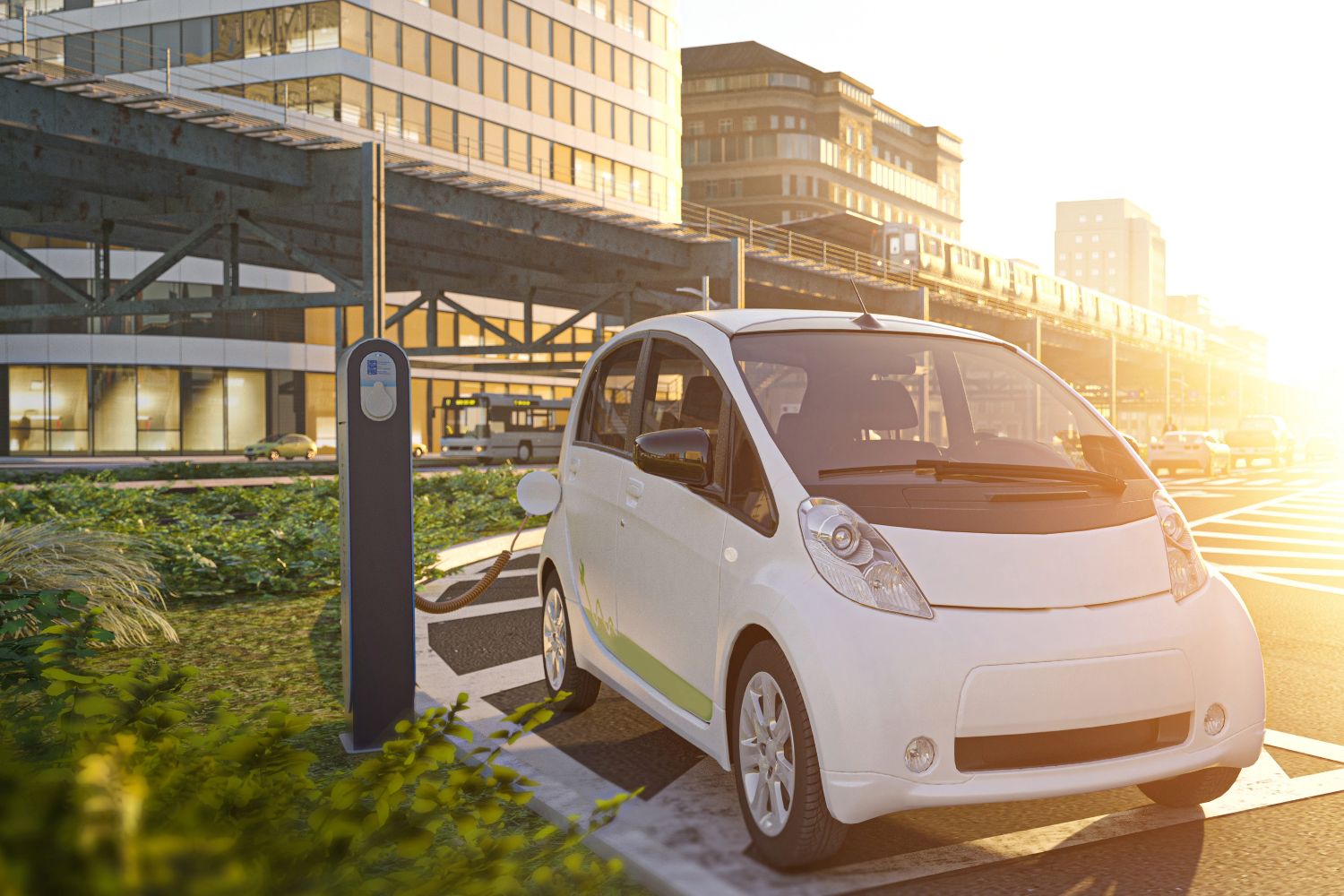Real estate companies increase efficiency with these digital tools
The real estate sector was able to show high growth rates for years. Now the sector is under pressure. There are considerable challenges. In the third edition of our whitepaper series "Real Estate + Innovations", our experts analyse topics, trends and technologies and provide recommendations for navigating the volatile industry environment. The focus is on digital tools.
Various factors are currently causing uncertainty. Social and political discourse calls for more living space, and decarbonisation plans are to be implemented. But do the necessary investments pay off in view of rising interest rates and construction prices?
Tools for more resilience and performance
Determination and foresight are essential in the transformation process towards a more sustainable and digitally supported real estate industry. Digital innovations provide companies with the tools for resilience and performance. In three chapters, our authors explain which innovations can be decisive for future growth:
- Planning + Building: The first chapter deals with the beginning of the life cycle of a property. The majority of the data needed in the real estate industry is generated during the planning and construction of buildings. Our authors explain applications for efficient and sustainable construction, from collaboration tools to digital twins and robotics.
- Value creation + management: The second chapter explains how the data generated can optimise processes in subsequent life cycle phases and value creation stages. Topics range from marketing to facility management to metaverse and artificial intelligence.
- Living spaces + networking: The third chapter is about how future cities can be designed. For increasing urbanisation, various adjustments are necessary, not only with regard to mobility. Digital innovations support the implementation of long-term solutions.
Robert Betz
Partner Asset Management, Real Estate
KPMG AG Wirtschaftsprüfungsgesellschaft

Download white paper now
Real Estate + Innovations 2025: Trends, use cases and recommendations for action: How property companies are shaping digital and sustainable business models.
Download now
Project development + collaboration
Collaboration tools combined with innovative basic technologies, such as workflows, artificial intelligence and robotics, make it easier than ever to work together more efficiently.

Modulares Bauen + Lean Construction
Modular construction and lean construction management are a "perfect match" for efficiency and effectiveness in construction.

Construction in existing buildings + Digital Twin
With modern technologies, the creation of a digital twin is not only possible in new buildings.

Circular Economy + Building Information Modeling
BIM makes an important contribution to promoting the circular economy by enabling the integration of material and resource information into the planning and construction process.

Urbanisation + eMobility
Electromobility will promote sustainable, liveable and technologically advanced cities and thus be an important driver of future urbanisation.

Neighbourhoods + social networks
With the help of social networks, digital services can be combined with the real world in neighbourhood management.

Digital Transformation + employees
Digital enablement and guided cultural change are crucial for the speed of digitalisation and the realisation of unique selling points.

Cybersecurity + data protection
The increasing relevance of cyber security and data protection is leading to new, more professional management roles.

ESG + Data models
In order for companies to successfully plan, manage and report on their sustainability activities in addition to their finances, they need a digitally supported ESG data model and management.

Demographic change + digital assistants
In addition to the transformation of residential property, the use of digital assistants at home will also be essential for a self-determined life into old age in familiar surroundings.








